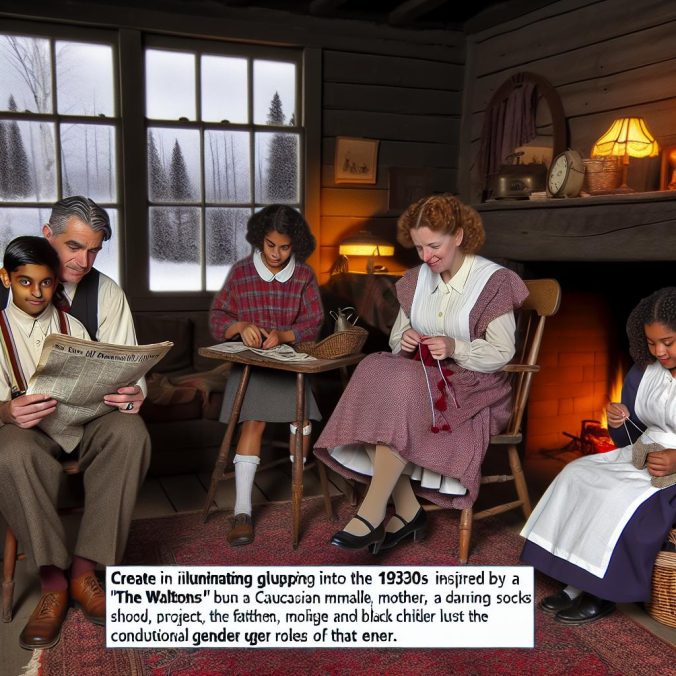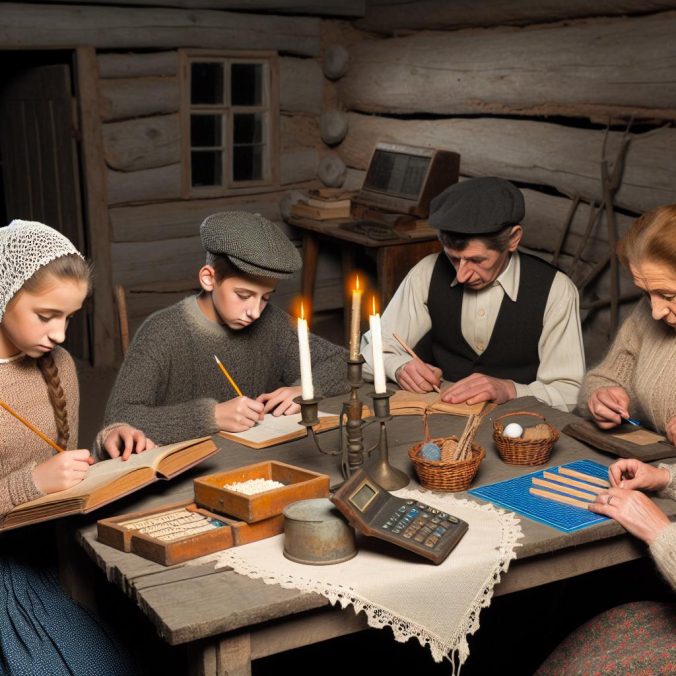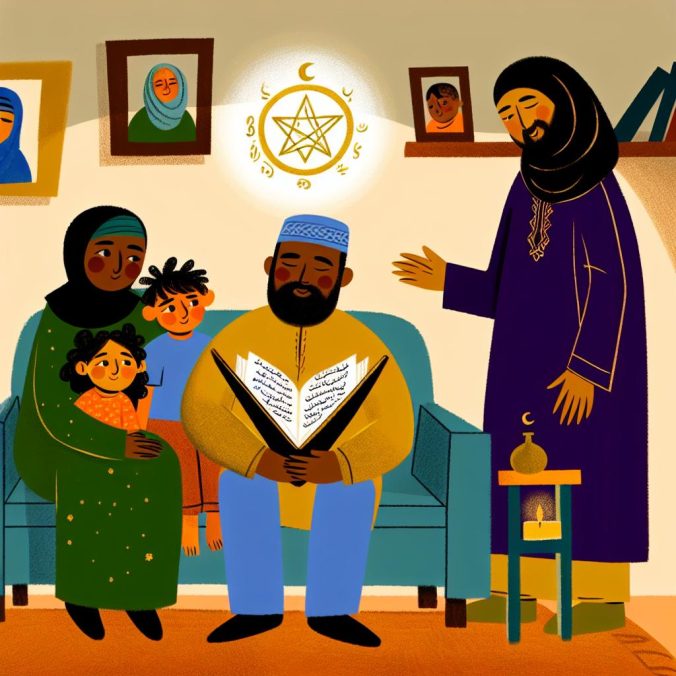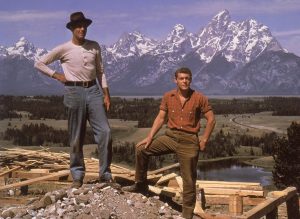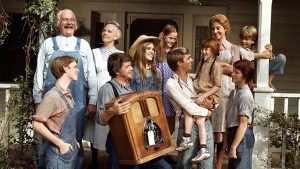Introduction to Gender Roles in “The Waltons”
The Waltons, a television series that aired from 1972 to 1981, offers a narrative set in the 1930s, providing a fascinating lens through which to examine gender roles of the era. The series depicts the life of the Walton family, living in rural Virginia during the Great Depression and World War II, showcasing both the challenges and societal norms of the time.
The series reflects the historical context of its setting and subtly integrates issues related to gender roles, offering viewers an opportunity to understand the societal dynamics of the 1930s. As it unfolds, the program provides a detailed depiction of both men and women adhering to the traditional gender roles prevalent during that period. However, the show also subtly incorporates elements that hint at shifts in these roles, setting the stage for discussions on evolving gender expectations.
Representation of Women in the Home
In The Waltons, women are primarily depicted within traditional roles centered around the home. Olivia Walton, the family’s matriarch, embodies the conventional duties of a housewife. Her responsibilities extend beyond simply managing household chores to include nurturing her children and offering emotional support to her husband. These portrayals underscore the broader societal expectations of women during the 1930s. Women were typically expected to focus on homemaking tasks, often seen as the backbone of family stability.
The character of Olivia Walton serves as both a reflection of and a reinforcement of historical gender norms. The series illustrates the societal view that a woman’s primary domain was domestic. Her role is crucial yet confined to the private sphere, emphasizing the societal importance but limited scope of women’s roles during this time. The show depicts Olivia undertaking activities such as cooking, cleaning, and managing household affairs, tasks that were seen as essential for maintaining familial harmony and functionality.
Besides Olivia, other female characters in the series further portray these gender expectations. Their interactions and storylines consistently highlight the implications of the traditional roles expected of women, portraying the nuances involved in adhering to or deviating from these roles.
Men as Breadwinners
The depiction of men in The Waltons aligns closely with traditional gender roles, presenting men as the principal breadwinners. John Walton Sr., the family patriarch, epitomizes this role. His character is primarily tasked with providing financial security for the family. This responsibility underscores the expectation for men to engage in income-generating activities typical of the 1930s.
John Walton Sr.’s life illustrates the division of labor based on gender, prevalent during the era. As the primary provider, he engages in physical labor, which was a common expectation of men during this time. The pressures of being the family’s sole or main financial support highlight the societal views on masculinity and the significance attributed to economic provision as a male duty.
Moreover, the series depicts John Sr.’s struggles and challenges in fulfilling these responsibilities, offering a glimpse into the societal pressures experienced by men of that era. His role not only supports his family but also becomes a source of identity and pride, reinforcing the strong association between masculinity and financial provision.
Challenging Gender Norms
The Waltons largely adheres to traditional gender roles, yet it also introduces instances where these norms are questioned. For example, Mary Ellen Walton, one of the daughters, aspires to become a nurse—a profession primarily dominated by men at the time. Her character’s ambitions signify a subtle shift in the perception of women’s roles and capabilities.
Mary Ellen’s journey toward becoming a nurse underscores the gradual changes in gender roles. Her aspirations signify a breaking of boundaries as more women began entering professions and the workforce, particularly due to the economic pressures of the Great Depression and the shifts necessitated by World War II. This storyline portrays a broader societal trend where economic necessity began to challenge and change traditional norms, allowing for greater flexibility in gender roles.
Her character challenges the established norms and offers a narrative of empowerment, highlighting the evolving possibilities for women. The series portrays her struggles and triumphs, examining how societal attitudes toward women’s roles were being questioned and slowly reshaped during the time.
The Impact of Historical Context
The portrayal of gender roles in The Waltons is deeply intertwined with the historical context of the 1930s. The economic hardships of the Great Depression often necessitated a reevaluation of traditional roles. Men and women were sometimes required to step into non-traditional roles out of necessity rather than choice. This fluidity, while not the central focus of the series, becomes evident in certain storylines.
Economic challenges meant families had sometimes to deviate from traditional gender norms simply for survival. Women in some cases contributed to the family’s income, and men might engage in domestic duties. Though such role reversals were less common, they served as precursors to the broader societal changes observed in subsequent decades.
By illustrating these shifting roles, The Waltons serves as a cultural artifact providing insight into gender expectations and dynamics during a critical decade in American history. Understanding these depictions is crucial for analyzing how far society has progressed from those times and for recognizing the roots of ongoing gender discussions.
In conclusion, The Waltons offers a rich tapestry to explore traditional and evolving gender roles. It captures the intricacies of societal expectations through its characters and narratives, reflecting both adherence to and divergence from traditional gender norms. While depicting the established roles of the 1930s, the series subtly recognizes the early movements towards gender equality, offering a gateway to understanding modern-day gender dynamics.
